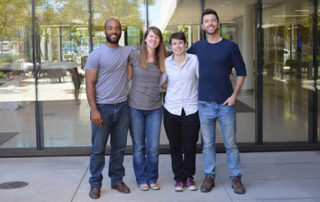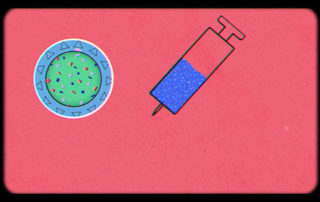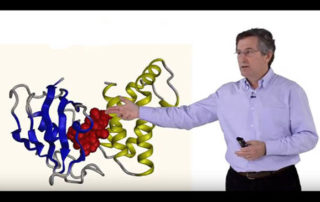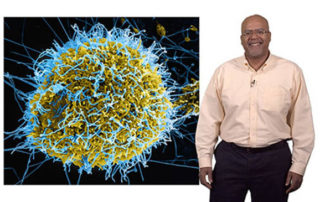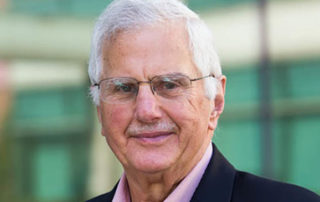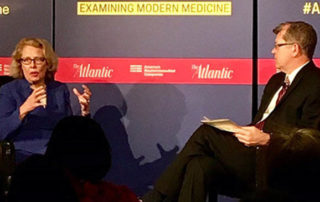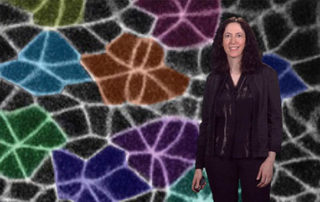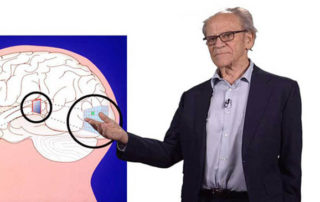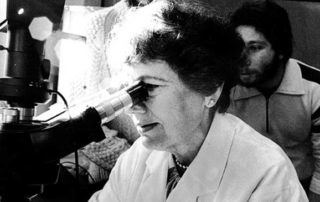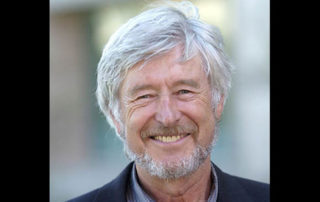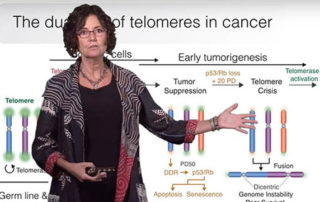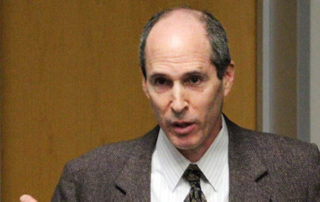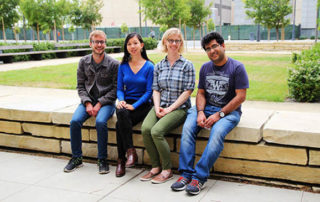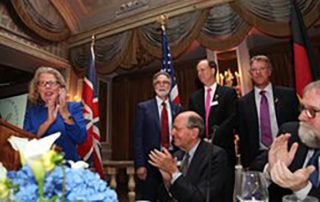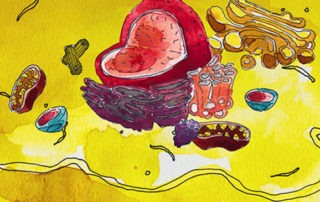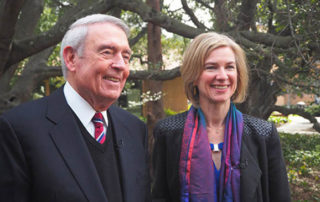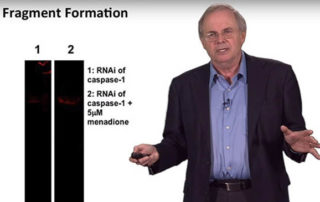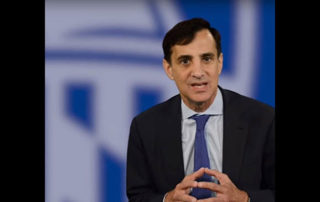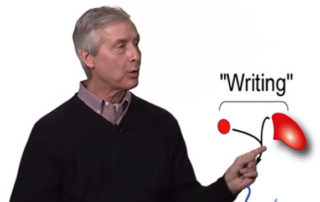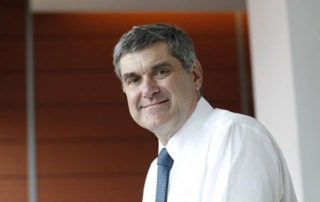Select a Date
2017 Young Scientist Seminars: Meet the Winners
OCT. 6, 2017
The Young Scientist Seminars (YSS) nurture science communication skills of talented PhD students and postdocs. The Lasker Foundation is proud to sponsor the annual YSS competition with iBiology and the Alan Alda Center for Communicating Science.
The 2017 Lasker Award Videos
SEPT. 5, 2017
Learn about the 2017 Lasker Award winners and their work.
Michael Hall: The Story of TOR
SEPT. 4, 2017
Michael Hall discusses research into nutrient-activated proteins that regulate cell growth, for which he was recognized with a 2017 Lasker Award.
Paul Turner: Virus Ecology and Evolution
AUG. 23, 2017
Paul Turner describes the fundamental biology of viruses, how they interact with their host organisms, how they might have originally evolved long ago, and discusses using phage therapy to treat bacterial infections.
Keeping Science and Society Healthy: Challenges for Scientists
JUNE 6, 2017
University Lecture. 2016 Lasker laureate Bruce Alberts gave a talk on April 18 at Virginia Commonwealth University tackling some of the most vexing questions of our times: science communication and science literacy.
Claire Pomeroy on the State of Biomedical Research
MAY 1, 2017
Lasker President Claire Pomeroy on the role of science and biomedical research as the solution to many of our social vulnerabilities. An interview with The Atlantic's Steve Clemons.
Jennifer Zallen: Building Multicellular Structures During Development
APRIL 21, 2017
Jennifer Zallen describes the discovery of a system of spatial information that organizes cell movements in the developing fruit fly embryo to elongate the body axis from head to tail.
Torsten Wiesel: Exploring the Visual Brain
MARCH 16, 2017
Torsten Wiesel tells the story of the Nobel Prize winning discovery of how the brain processes information through the visual cortex.
Evelyn Witkin: The SOS Response in Bacteria
MARCH 6, 2017
Evelyn Witkin provides a historical perspective on the discovery that cells have a mechanism to repair DNA damage, the SOS response.
Regis Kelly: Leadership and Entrepreneurship in Science
FEB. 17, 2017
The March 8, 2017 Lasker Lessons in Leadership lecture will be given by Regis Kelly, the director of QB3, one of the four California Institutes for Science and Innovation.
Titia de Lange: Telomeres and Human Disease
JAN. 20, 2017
Titia de Lange gives an overview of telomeres, the protective repeats at the ends of chromosomes, and the role they play in human disease.
Jeremy Nathans: Advice for Young Scientists
NOV. 9, 2016
The November 9, 2016 Lasker Lessons in Leadership keynote lecture was given by Jeremy Nathans at NIH.
2016 Young Scientist Seminars: Watch the Videos
OCT. 12, 2016
The Young Scientist Seminars is a new video series from iBiology featuring talented PhD students and postdocs giving talks about their research and discoveries. The Lasker Foundation is pleased to partner with iBiology on this initiative.
See the 2016 Lasker Awards
OCT. 6, 2016
Watch the 2016 laureates deliver their acceptance remarks, view comments by Lasker Jury members, and the keynote address by Sean Carroll.
The 2016 Lasker Award Videos
SEPT. 12, 2016
See the 2016 Lasker Laureates talk about their research.
Conversations in Science with Jennifer Doudna and Dan Rather
SEPT. 7, 2016
iBiology partnership. Biochemist Jennifer Doudna speaks with Dan Rather about new genome editing technologies and their implications for science and society.
Gregory Petsko: The Coming Epidemic
JULY 19, 2016
Gregory Petsko discusses the coming epidemic of neurodegenerative disease, and what medical research can do about it.
Ron Daniels: Opportunities for Young Investigators
MAY 11, 2016
Ron Daniels discusses the challenges facing young people in pursuing a career in biomedical research.
David Allis: Why your DNA isn’t Enough
APRIL 26, 2016
David Allis discusses the ways in which chromatin structures are modified, and the role of epigenetics in disease and in development.
Craig Thompson: The Difference Between Leadership and Management
MARCH 30, 2016
Lessons in Leadership. Craig Thompson, President and CEO of Memorial Sloan Kettering Center will discuss strategies for successful leadership, and the difference between leadership and management. March 31, 9am ET.
